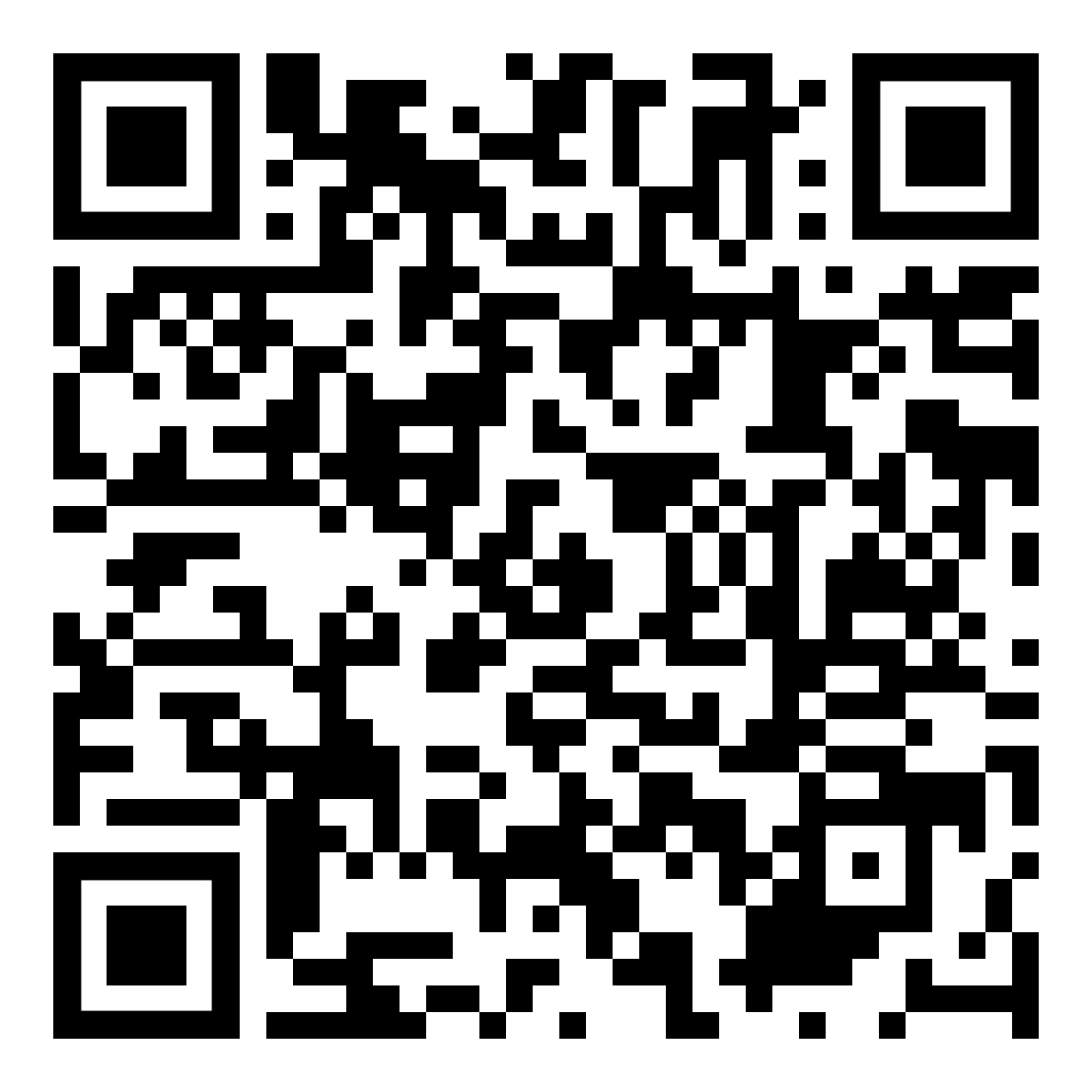Main Article Content
Jun 28, 2022
Abstract
Nowadays, collaboration appears as a key element in the new shared international educative rhetoric, known as “21st Century Competencies”. This paper presents the results from an historical and bibliographical analysis that investigates the genealogy of the notion of collaboration and its spread through Latin America. It aims to explain how does the notion of collaboration unfold through time, what does it mean for various approaches and in which traditions does it anchor. First, we distinguish cooperative learning and collaborative learning models, developed by social psychologists in the second half of the 20th century, as teaching methods. Then we present the universe of cooperative pedagogies that emerge since the 19th century in Europe, most of all known through the movement of the New School, and that questioned the traditional teaching. Third, this paper focuses on the model of the Modern School created by the French pedagogue Célestin Freinet, which is still relevant today. His pedagogical movement is rooted in a heterodox political critic where he articulates the Marxist perspective with anarchistic tradition. Its strength lies in the isomorphism between students and teachers practices, building cooperative networks at local and international levels.
Downloads
Los lectores/as pueden copiar, mostrar, y distribuir este artículo, siempre y cuando se de crédito y atribución al autor/es y a la Revista Diálogos Educativos; se distribuya con propósitos no-comerciales; y no se altere o transforme el trabajo original.











